The project to extend the operation of the Doel 4 and Tihange 3 nuclear power plants: nuclear expertise, strict safety procedures and thorough inspections
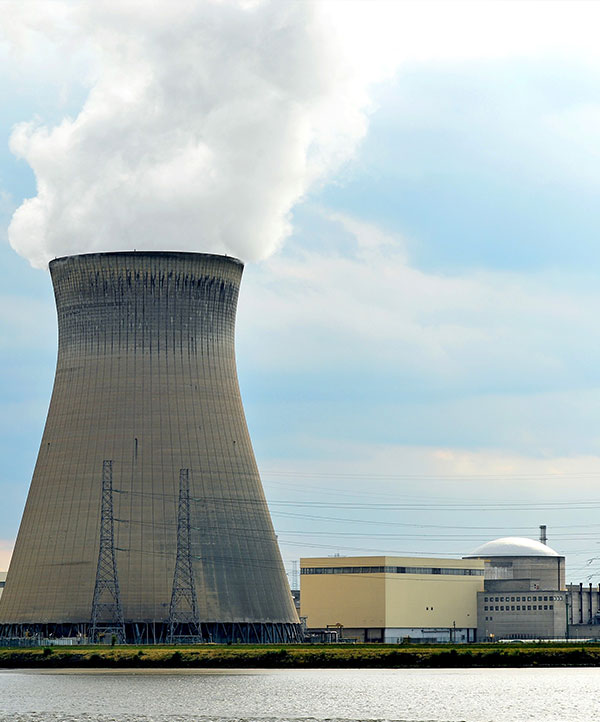
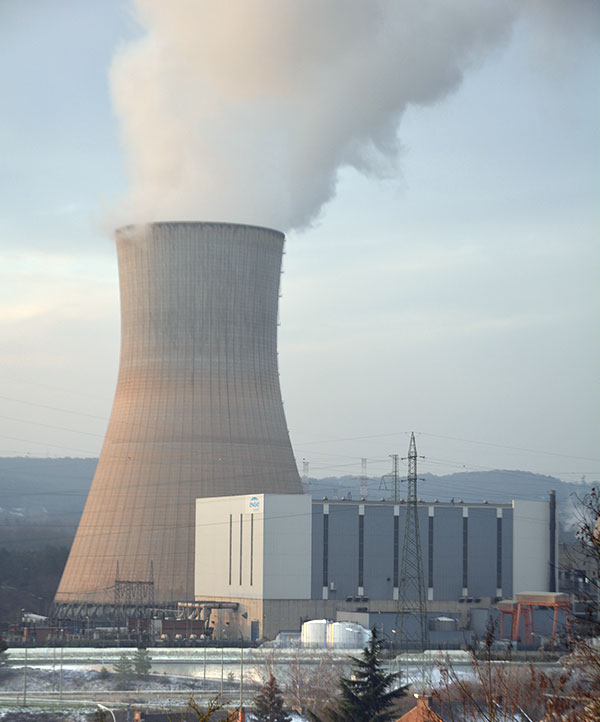 The path towards operating Doel 4 and Tihange 3 for ten more years consists of three major phases:
The path towards operating Doel 4 and Tihange 3 for ten more years consists of three major phases:
- Conducting thorough safety analyses
- Inspecting and replacing components
- Carrying out improvement works
As agreed with the Belgian government, Electrabelwill do everythingin its power to restart the Doel 4 and Tihange 3 plants in November 2025.
Electrabel and its partners, including our engineering firm Tractebel, have the necessary expertise and experience to carry out this project safely and effectively. We have demonstrated this in the past with the projects aimed at extending the operation of Tihange 1 and Doel 1 and 2.
Thorough safety analyses
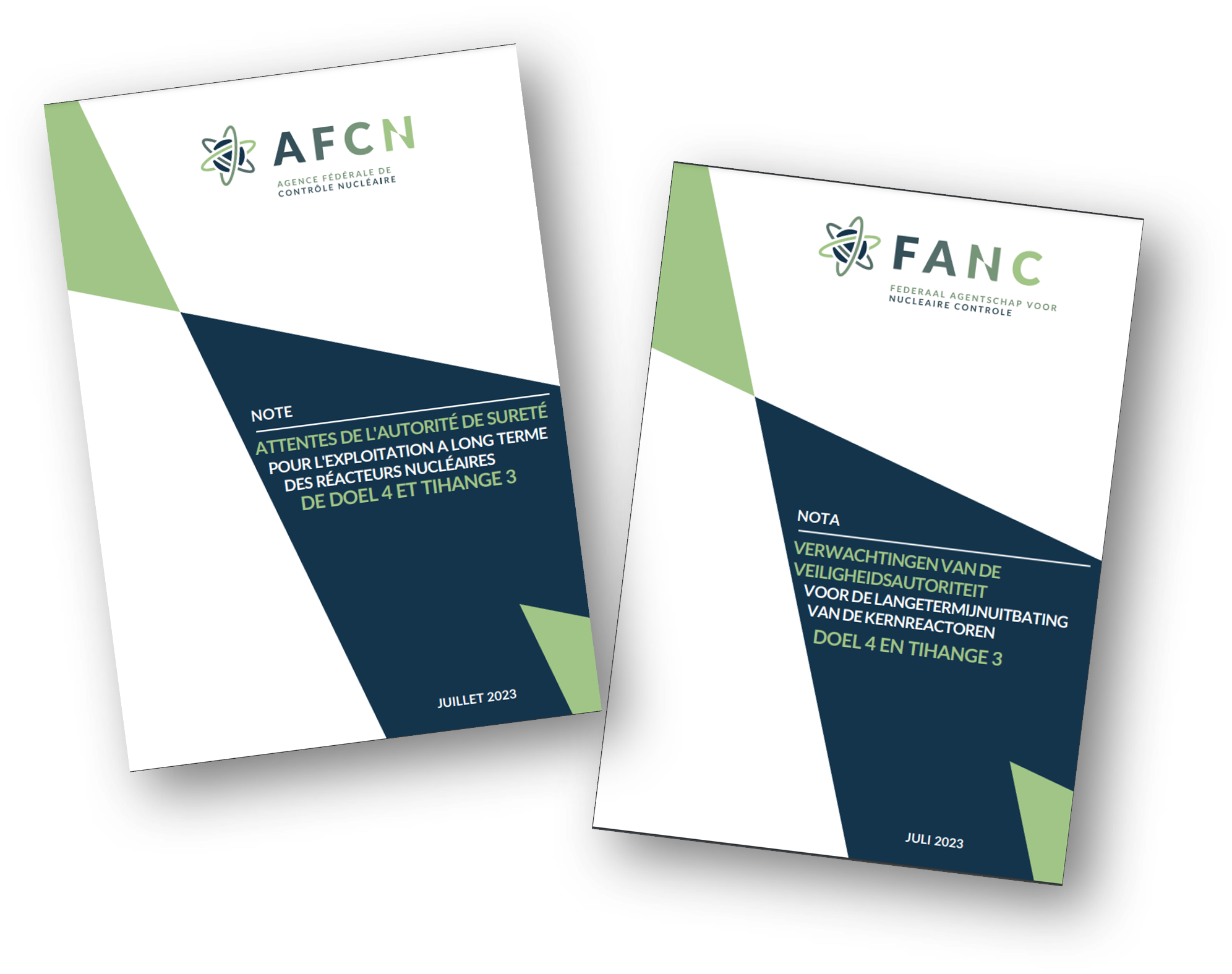 By law, a nuclear power plant must be thoroughly reviewed every 10 years by the operator during a Periodic Safety Review. The operator submits the results of these safety studies and a proposal for improvement actions to the nuclear safety authority (FANC), which analyses and validates them thoroughly. It is only once this report has been approved that the operator may continue to operate the plant for a further 10-year period.
By law, a nuclear power plant must be thoroughly reviewed every 10 years by the operator during a Periodic Safety Review. The operator submits the results of these safety studies and a proposal for improvement actions to the nuclear safety authority (FANC), which analyses and validates them thoroughly. It is only once this report has been approved that the operator may continue to operate the plant for a further 10-year period.
The Doel 4 and Tihange 3 nuclear power plants have been operational since 1985 and were subject to a Periodic Safety Review every 10 years. In order to operate both nuclear power plants, Electrabel must carry out a new Periodic Safety Review, this time also paying specific attention to the ageing of the facilities. It is primarily a thorough review of the condition of the plants' systems, structures, and components. In practice, this means that we will preventively replace a number of components or install new systems in order to meet the highest safety standards.
Inspecting and replacing components
 In 2025, Doel 4 and Tihange 3 will undergo initial major maintenance to prepare the plants to ensure security of supply in the winter of '25-'26. As soon as the plants are shut down, our teams get to work. In the space of a few weeks, the plants will undergo a thorough check-up. We will check the components and replace them where necessary. We will test all systems thoroughly and will also load new fuel.
In 2025, Doel 4 and Tihange 3 will undergo initial major maintenance to prepare the plants to ensure security of supply in the winter of '25-'26. As soon as the plants are shut down, our teams get to work. In the space of a few weeks, the plants will undergo a thorough check-up. We will check the components and replace them where necessary. We will test all systems thoroughly and will also load new fuel.
We prepare this overhaul meticulously months in advance. Where possible, we take samples and test parts ahead of time. Given the time constraints, we will order certain parts long in advance. These are often very specific parts that have to meet extremely high requirements. For overhaul work, we also call on the services of specialised companies who schedule these works well in advance.
The overhaul is followed by an inspection by the FANC, which has to give its approval for the restart.
Carrying out improvement works
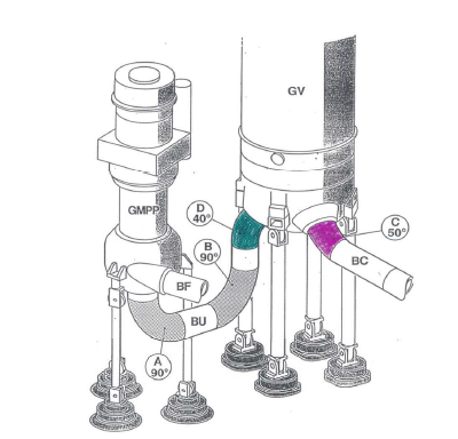 Further improvement works will follow in the summers of 2026, 2027, and 2028. In this way, we can guarantee maximum availability during the winter months. If all goes well, we will complete all works by the end of 2028. This is in line with the expectations of the Federal Agency for Nuclear Control.
Further improvement works will follow in the summers of 2026, 2027, and 2028. In this way, we can guarantee maximum availability during the winter months. If all goes well, we will complete all works by the end of 2028. This is in line with the expectations of the Federal Agency for Nuclear Control.
Doel 4 and Tihange 3 are Pressurized Water Reactors, one of the most robust and safest type of nuclear power plant. Based on global experience and new technologies, these nuclear power plants undergo continuous improvements to avoid incidents and further reduce the impact of incidents.
These design upgrades are internationally defined. In consultation with FANC, Electrabel examines which adjustments need to be made, taking into account the specific situation. This assessment reviews the age of the systems, improvements already carried out, location of the power plant, etc.
Our mission
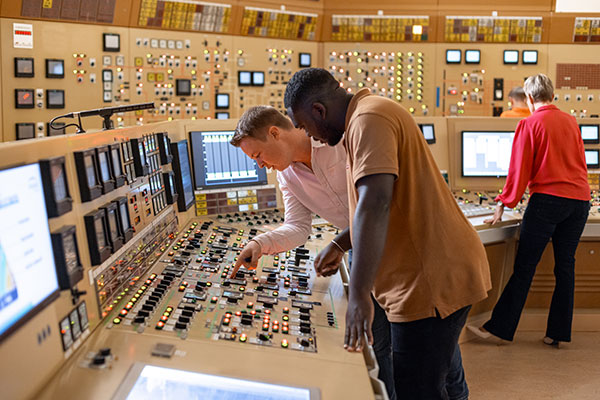 For decades, we have operated the nuclear power plants in a safe and professional manner. In this way, we have contributed to ensuring our country’s stable energy supply. It is on the basis of that same nuclear professionalism that we will be taking on the challenge of restarting and further operating Doel 4 and Tihange 3. Dat doen we in opdracht van de joint venture BE-NUC (50% Belgische Staat, 50% ENGIE), die sinds maart de eigenaar is van beide centrales.
For decades, we have operated the nuclear power plants in a safe and professional manner. In this way, we have contributed to ensuring our country’s stable energy supply. It is on the basis of that same nuclear professionalism that we will be taking on the challenge of restarting and further operating Doel 4 and Tihange 3. Dat doen we in opdracht van de joint venture BE-NUC (50% Belgische Staat, 50% ENGIE), die sinds maart de eigenaar is van beide centrales.
Safety, a sense of responsibility and care for people and the environment are the cornerstones of our commitment.